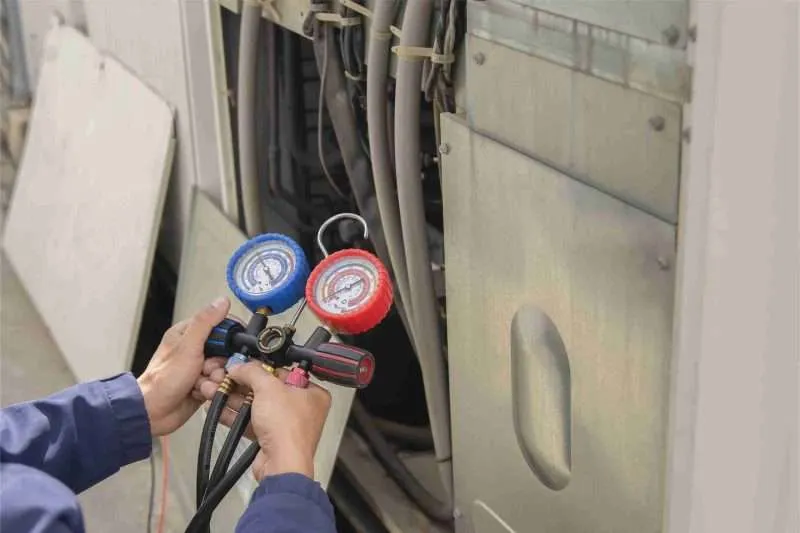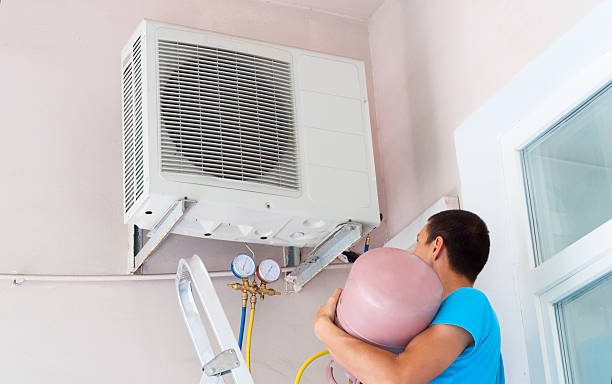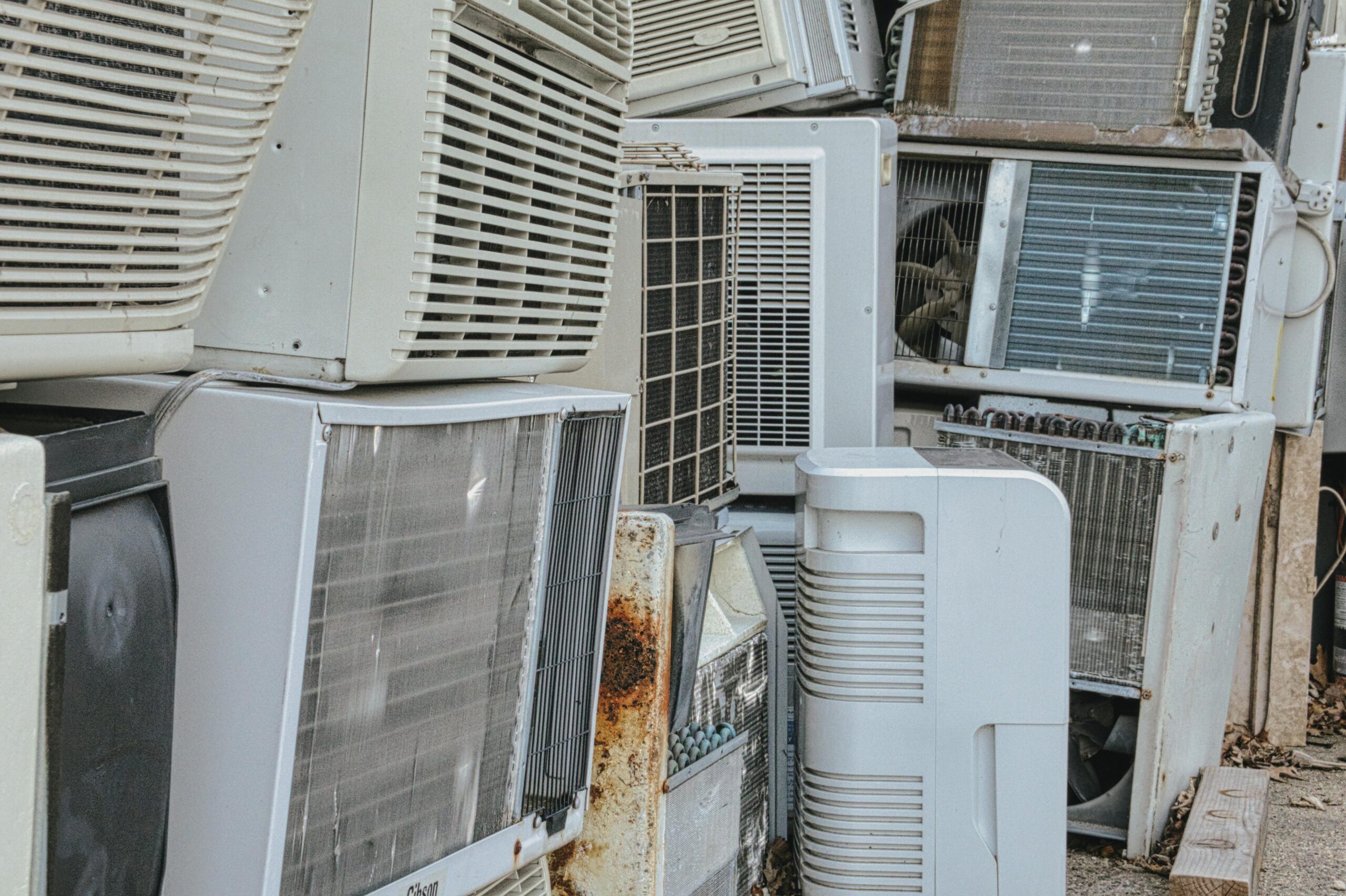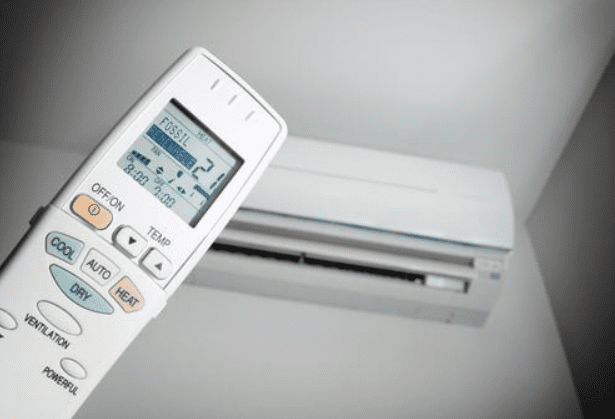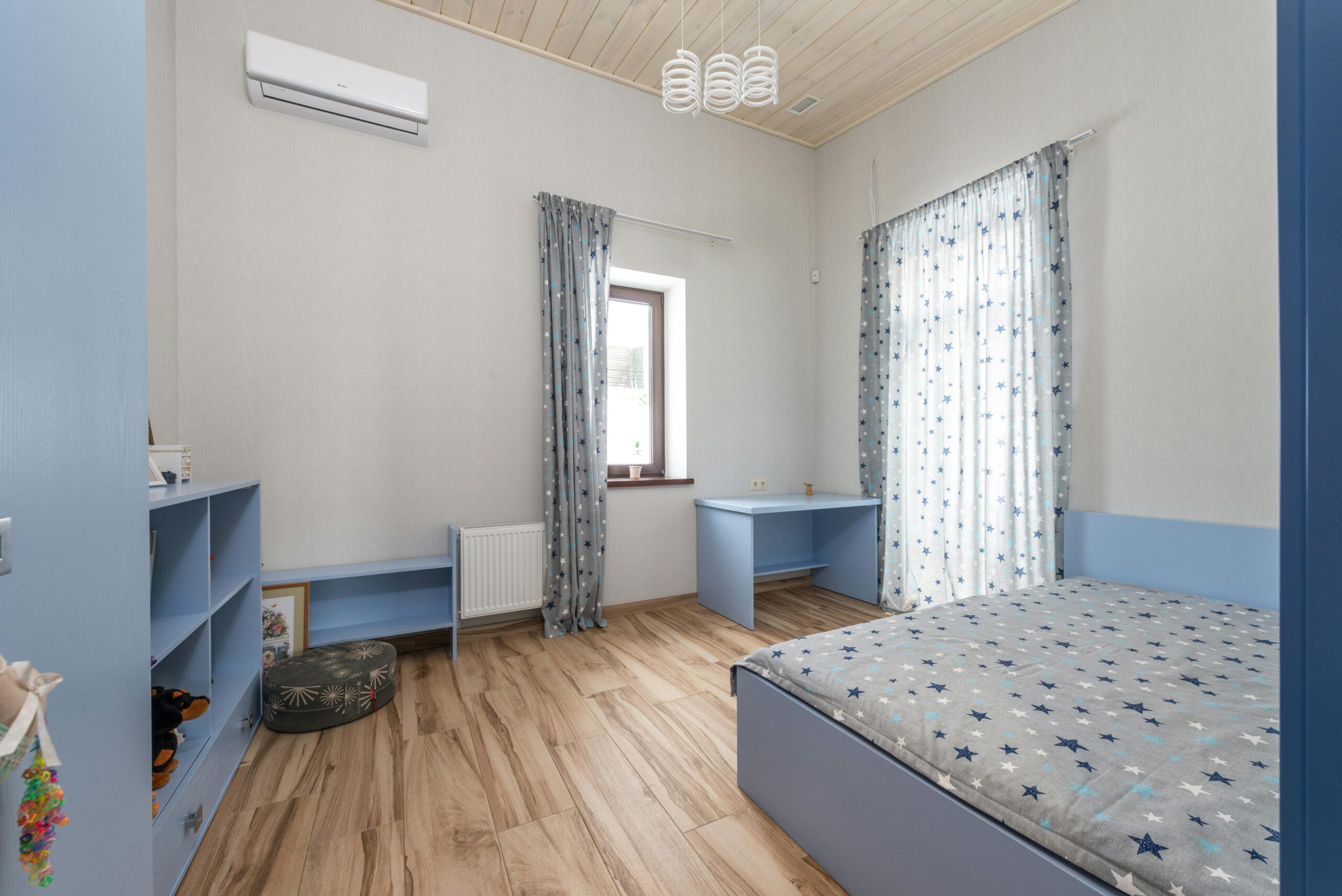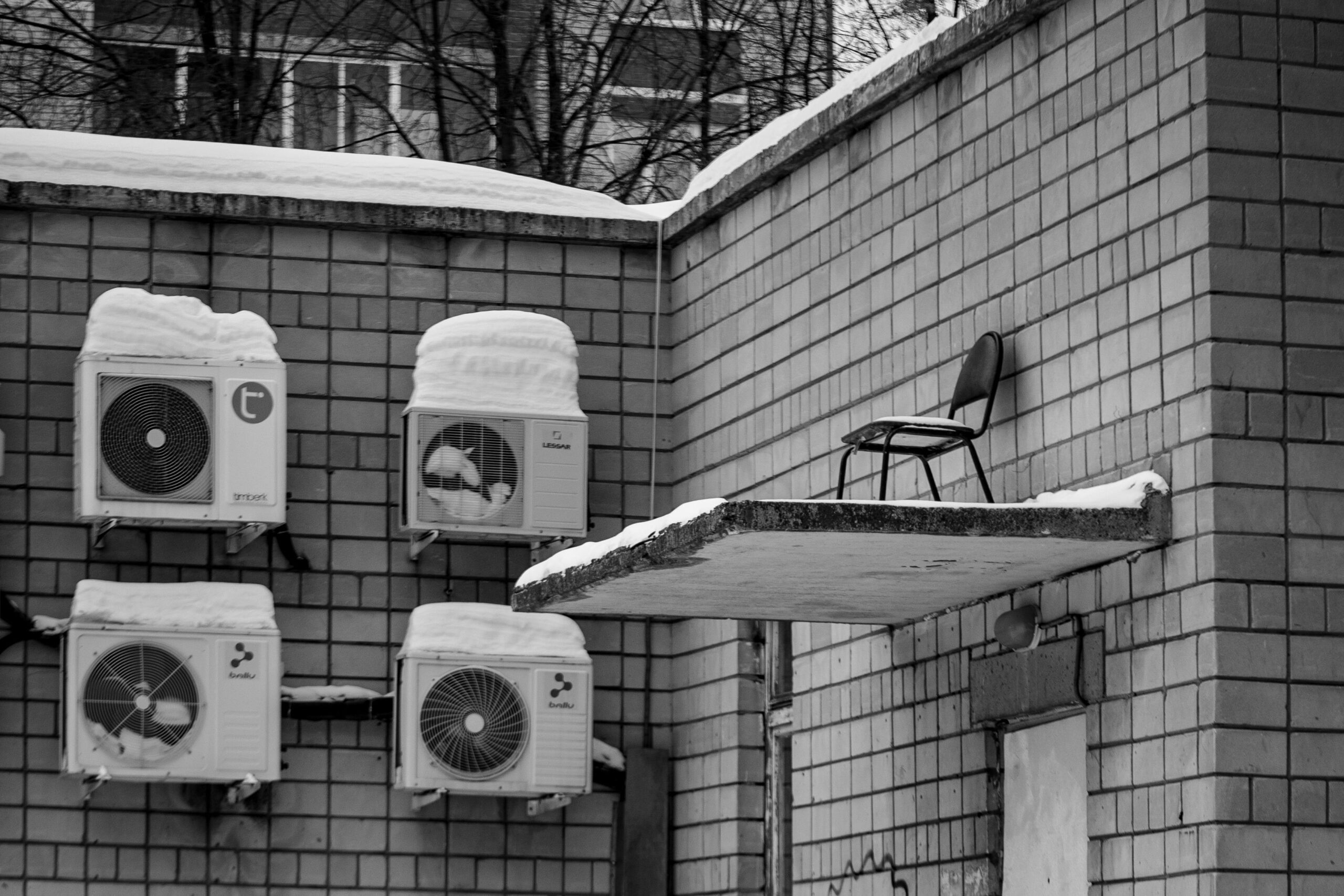Kitchens get hot fast—especially when you’re cooking meals. So, it’s natural to ask: Can you use an air conditioner in the kitchen? The short answer is yes! But there are a few things to consider first. Let’s look at the pros, cons, and tips for keeping your kitchen cool with an aircon.
Why Put an Air Conditioner in the Kitchen?
Cooking creates a lot of heat. Boiling water, frying food, and using the oven can make the kitchen feel like a sauna. In a warm, humid place like Singapore, adding an aircon can really help. It cools the space and makes it more comfortable to cook.
Benefits of Using Aircon in the Kitchen
1. More Comfort While Cooking
First of all, no one wants to sweat while cooking. With an aircon, your kitchen stays cool, so you can focus on preparing your meals.
2. Better Airflow
Air conditioners help move air around. This helps push out steam and reduce humidity in the kitchen.
3. Protects Appliances
Heat can damage your appliances over time. A cooler kitchen helps your fridge, oven, and other gadgets work better and last longer.
Things to Watch Out For
Using an aircon in the kitchen has benefits, but there are some downsides too:
1. Oil and Grease in the Air
Cooking puts oil and grease into the air. These can get sucked into your aircon and clog the filters. That means you’ll need to clean it more often.
2. Steam and Moisture
Kitchens are full of steam. If the aircon isn’t cleaned often, moisture can lead to mold or water damage inside the unit.
3. Where You Install It Matters
Don’t put the aircon too close to the stove. Heat from cooking can damage the unit. Try placing it in a cooler spot where air flows freely.
Tips for Safe and Smart Use
If you choose to install an aircon in your kitchen, here are a few tips:
-
Use a range hood – This helps remove grease and smoke before they reach your aircon.
-
Clean the filters often – Try to clean them once a month.
-
Pick a good spot – Keep it away from direct heat.
-
Add ventilation – A fan or exhaust system works well with the aircon to keep the air clean and dry.
Yes, you can use an aircon in the kitchen! It keeps things cool and comfortable, but only if it’s placed well and cleaned regularly. If you’re unsure how to get started, our team can help you plan the best setup for your kitchen.
📞 Contact Lion City Air Conditioner Services for expert advice and installation!


